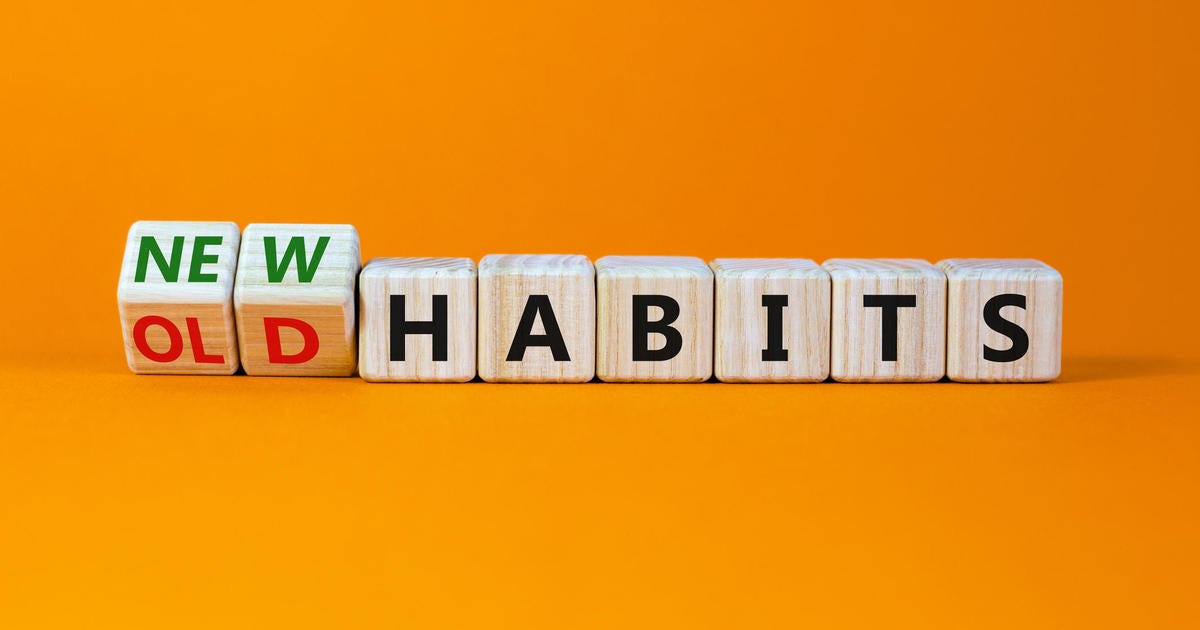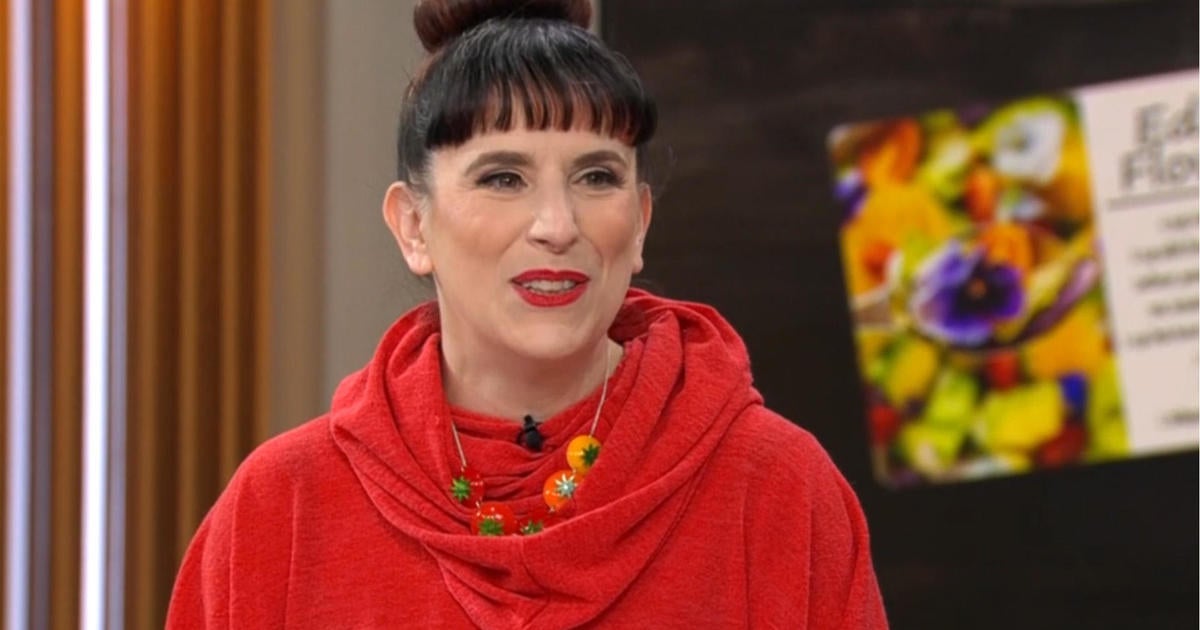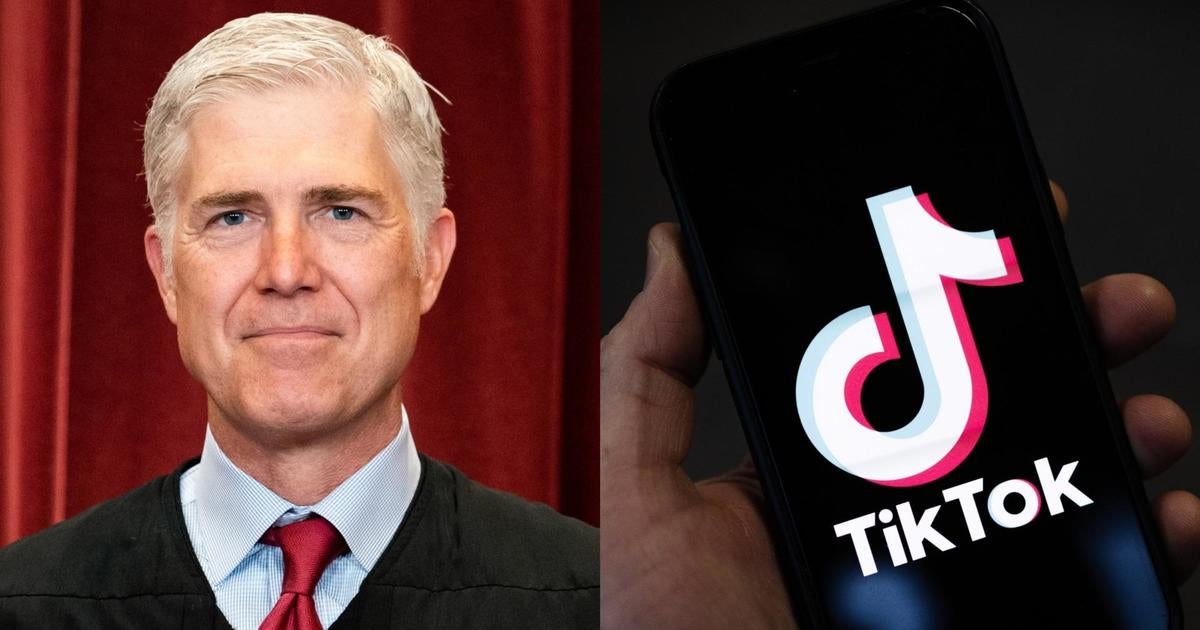We may receive commissions from some links to products on this page. Promotions are subject to availability and retailer terms.

Getty Images
Many Americans are having trouble making ends meet due to lingering high prices from inflation, high interest rates and a generally bumpy post-pandemic economy. However, in addition to today’s rough economic conditions, you may have your own bad money habits working against you.
It can be tough to stay on top of your budget and save money for the future — or get ahead in other ways — if you’re letting your money slip away due to damaging financial habits. So, it’s important to take care of those issues as soon as possible. But you’ll need to recognize what your bad money habits are first.
Find out how to tackle your expensive debt today.
3 bad money habits experts say you need to break in 2025
Bad money habits can poke holes in your bank account, allowing your funds to slowly drain out. But which are the most common and damaging? Here’s what experts say.
Carrying revolving debt on your credit card
Credit cards typically benefit you most when you use them, earn rewards and pay off the balances before they accrue interest. However, the average American is carrying about $8,000 in credit card debt currently — which can be a recipe for disaster at today’s average rates.
“Since credit card interest rates are hovering over 20%, that makes everything you buy that much more expensive,” says budgeting expert Andrea Woroch.
Additionally, carrying credit card balances month to month increases your credit utilization ratio, hurting your credit scores.
“If you’re in credit card debt like many Americans, I would look at each balance and their corresponding interest rate and tackle the cards with the highest interest rates first. I wouldn’t recommend closing them out, especially if you’ve had it for quite a while and paid it on time,” says Jeremy Schachter, branch manager at Fairway Independent Mortgage Corporation.
He explains that once the credit card balances get down to 20% to 30% of the credit card line, your credit scores should improve.
You can also consider transferring the balance to a card with an interest-free introductory period.
“While creating a realistic debt repayment plan is an important step in finally paying off balances, transferring your balance to a zero balance transfer card can give you a boost in paying down that debt faster,” Woroch says.
She explained that zero balance transfer cards offer up to 21 months with no interest.
It’s also important to review your budget and ensure you can stick to it going forward to avoid further debt accumulation.
“The number one habit that Americans need to break this year is spending more than they earn and depending too heavily on their credit cards. This can lead to a mountain of debt,” says Paul Miller, managing partner and certified public accountant at Miller & Company LLP.
Speak to an expert about your debt relief options now.
Paying for monthly services you don’t need
Most households pay for a variety of necessary monthly services along with some they don’t need.
“You could be wasting money on monthly bills in the form of unused services or better deals at competitors,” Woroch says.
Wireless cell phone plans are another common place Americans overpay. A survey by WhistleOut found that the average American spends $157 per month on a phone plan from a major carrier, while smaller carriers renting access to major networks charge about $30 per month.
“Save by canceling unused subscriptions and switch to a lower-tiered data plan or move to an online-only wireless carrier,” Woroch says. She also recommends using an app like BillShark to help you negotiate bills.
Buying food you don’t need
Food is the third biggest household expense for Americans, according to the U.S. Bureau of Labor Statistics, and it’s an area where many overspend.
“Americans waste 40% of the food they buy each year, which is like throwing your hard-earned dollars in the trash,” Woroch says.
She recommends checking local grocery ads to see which items are on sale and creating a meal plan based on the discounted foods.
“Once you have your shopping list, check your pantry, fridge and freezer to make sure you don’t double up — and shop with that list to avoid excessive grocery purchases,” Woroch says.
Also, beware of expiration dates and the amount of fresh food you buy during each shopping trip. Woroch recommends considering frozen produce, which won’t spoil as fast.
“Finally, take pictures of your grocery receipts using a free rewards app like Fetch to earn points good toward free gift cards to stores that sell groceries, like Target, Walmart and Sam’s Club, to offset future food purchases,” Woroch says.
The bottom line
Tackling these three bad money habits can help you start 2025 on the right foot. By paying down high-rate credit card debt, cutting unnecessary subscription costs and being more mindful of your grocery spending, you can free up more funds to use for purposes that are beneficial to your overall financial plan.
Jessica Walrack is a freelance contributor who covers a variety of personal finance topics such as investing and mortgage industry trends.










